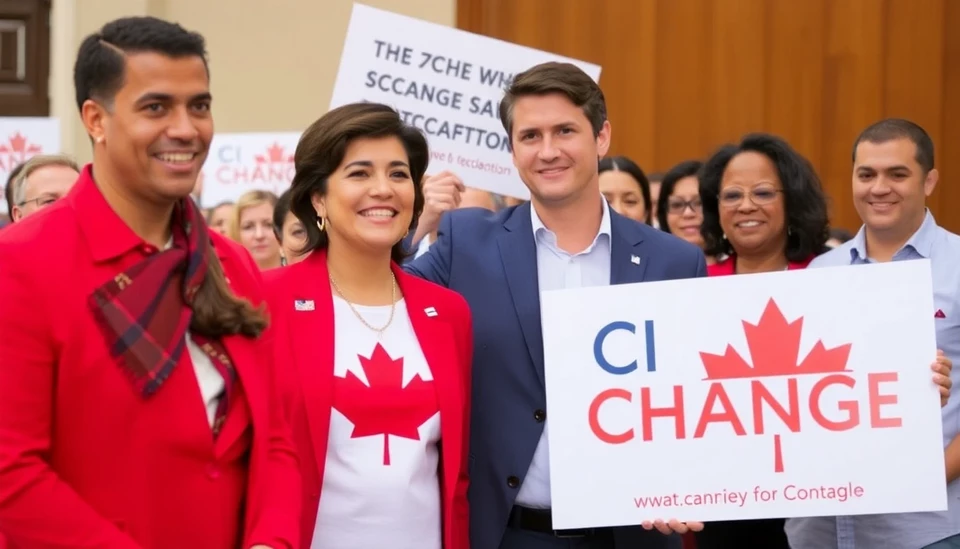
The political landscape in Ontario is witnessing a significant shift as the provincial Liberal party intensifies its efforts to challenge Prime Minister Justin Trudeau's leadership. This growing movement among Liberals signals a critical assessment of Trudeau's impact and policies, as party members express an urgency for change that resonates across the province.
According to reports, discontent among the Provincial Liberal leadership toward Trudeau is becoming increasingly vocal. Former Ontario Premier Kathleen Wynne has emerged as a pivotal figure in this evolving narrative, calling for a renewed focus on a vision that better aligns with the priorities of Ontarians. Wynne's call to action reflects a broader sentiment that the current federal Liberal government has strayed from the fundamental principles that once united the party.
The backdrop of this movement is characterized by a series of provincial challenges, including economic concerns, infrastructure issues, and healthcare pressures. Many Liberals believe that addressing these concerns will require a fresh approach that diverges from Trudeau's current direction. Consequently, party leaders and grassroots supporters are mobilizing to articulate a new message that could resonate with voters frustrated with status quo politics.
This momentum is not just a reaction to Trudeau's federal policies, but also a response to the political landscape in Ontario itself. With the Progressive Conservative party under Premier Doug Ford maintaining a significant foothold, the Liberals recognize that they need to redefine their identity and set themselves apart. This urgency for a strategic overhaul comes as the provincial elections loom on the horizon, making the Liberals’ efforts to galvanize support more critical than ever.
A key aspect of this momentum is the growing chorus for a leadership transition within the party, as many members believe that new faces and fresh ideas are essential for moving forward. Various factions within the Ontario Liberal party are beginning to coalesce around the idea that a stronger, more localized response could galvanize voter support. The intent is to craft a message that resonates deeply with the needs of Ontarians while simultaneously distancing themselves from perceived failures of the federal government.
The ramifications of this political maneuvering extend beyond immediate party lines. If the Liberals manage to unify their message and effectively communicate their revamped vision to the electorate, they could significantly reshape the political dynamics in Ontario. Ultimately, the quest to oust Trudeau might not just be about leadership change; it could represent a broader generational shift within the party itself, advocating for policies that prioritize Ontarians' well-being and concerns.
In conclusion, as the Liberal party gears up for a potentially transformative period, the call to reevaluate Trudeau’s leadership is more than just internal dissent; it’s a rallying cry for the future direction of the party in Ontario. With challenges ahead and a critical electoral landscape, the coming months will be pivotal for both the Ontario Liberals and the federal government.
#OntarioLiberals #JustinTrudeau #KathleenWynne #PoliticalChange #LeadershipChallenge #ProvincialElections #CanadianPolitics #LiberalParty
Author: Samuel Brooks




